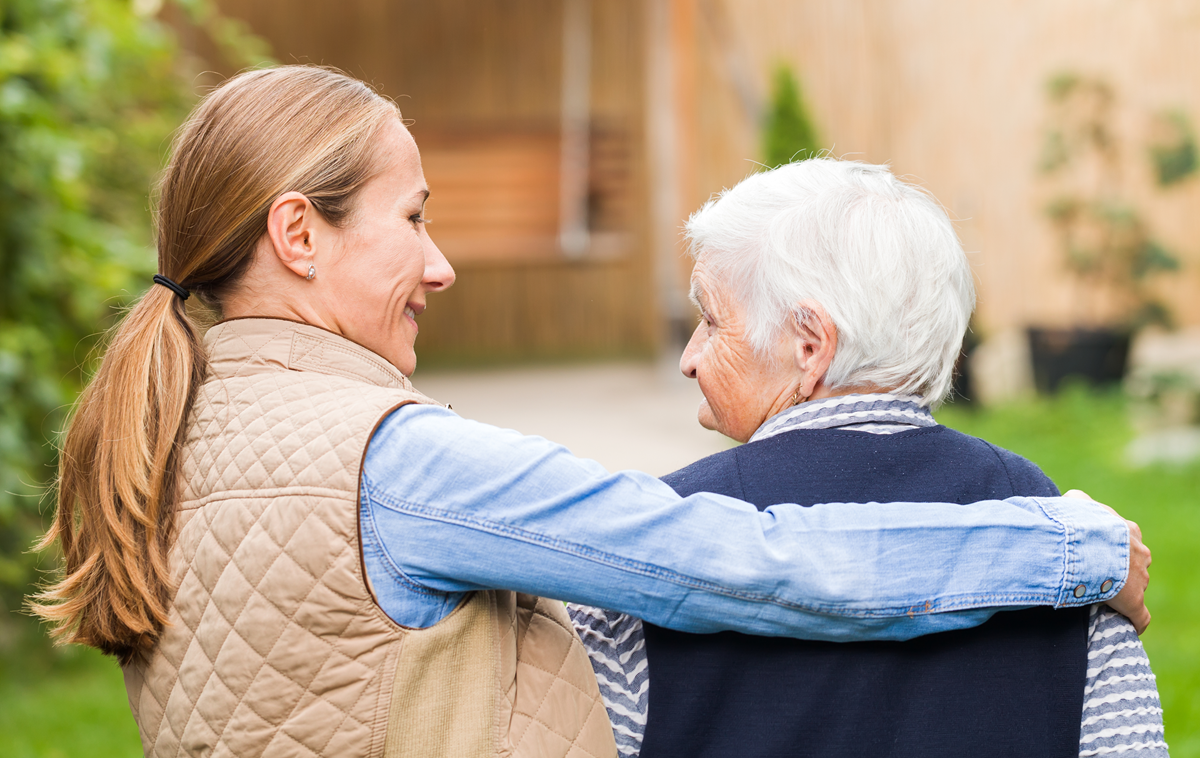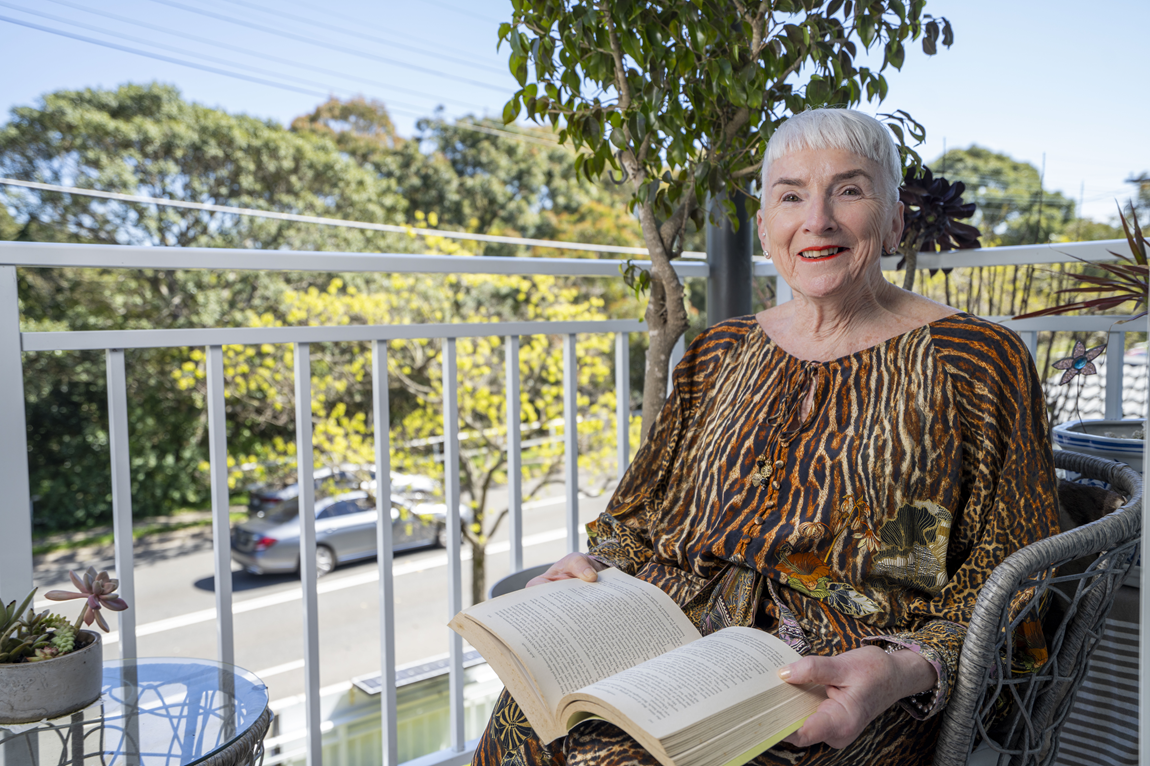As our loved ones age, it’s natural to worry about their wellbeing – especially when changes in their behaviour or lifestyle start to raise questions. Recognising when someone may need extra support is important to help them maintain their health, safety, independence and quality of life.
Here are some key signs that an ageing parent, partner or friend might benefit from additional care or support.
Changes in personal hygiene or appearance
If a loved one who usually takes pride in their grooming or clothing starts to appear unkempt, it could be a sign they’re struggling with daily tasks. This may include infrequent bathing, wearing the same clothes for days or not brushing their hair.
A decline in home cleanliness
A once-tidy home becoming cluttered or unclean could signal that they’re finding it harder to keep up with chores. Look out for overflowing bins, dishes piling up or food going off in the fridge.
Memory lapses or confusion
Occasional forgetfulness is normal, but consistent memory problems, confusion with dates or difficulty following conversations may indicate the need for further evaluation and possible support. One of the first and obvious signs is repeating questions and statements.
Changes in mobility
Trouble moving around the house, unsteadiness or frequent falls can be serious risks. If mobility is becoming an issue, it might be time to explore home modifications, walking aids, or professional support.
Loss of interest in hobbies or social activities
If your loved one stops engaging in their usual hobbies, avoids social outings or seems withdrawn, they may be experiencing loneliness, depression or cognitive decline.
Missed appointments or unpaid bills
Neglected responsibilities, such as unopened mail, missed medical appointments or unpaid bills, can point to difficulty managing everyday tasks or memory issues.
Unexplained weight loss or poor nutrition
A noticeable drop in weight, lack of appetite, or expired food in the kitchen could suggest that they’re not eating properly or forgetting to prepare meals.
What to do if you’re concerned
Starting a conversation can be hard, but approaching it with empathy and care is key. Listen to your loved one’s concerns and try to understand what they’re experiencing. In many cases, small changes, such as help around the house or a few hours of home care services a week, can make a big difference.
If your loved one is open to receiving some support, you could arrange an appointment to visit their GP with them for a chat. Here you can investigate what support your ageing loved one may need and what is available.
The website My Aged Care outlines the range of care and assistance available through the government.
For more information, you can also read about the care and support offered in our retirement communities. RetireAustralia offers a range of care options including support at-home services, serviced apartments and our alternative to traditional aged care, Glengara Care.
Recognising the signs early allows you to respond with compassion and support, helping your loved one maintain dignity and quality of life as they age.
Discover a community of care
Not receiving our Vitality monthly newsletter yet? Share your details below and we’ll send you monthly updates, helpful tips, and inspiring stories to support you on your retirement journey.
Find a home that's right for you
RetireAustralia owns and operates retirement villages in 30 unique urban, seaside, tree-side and regional locations.








